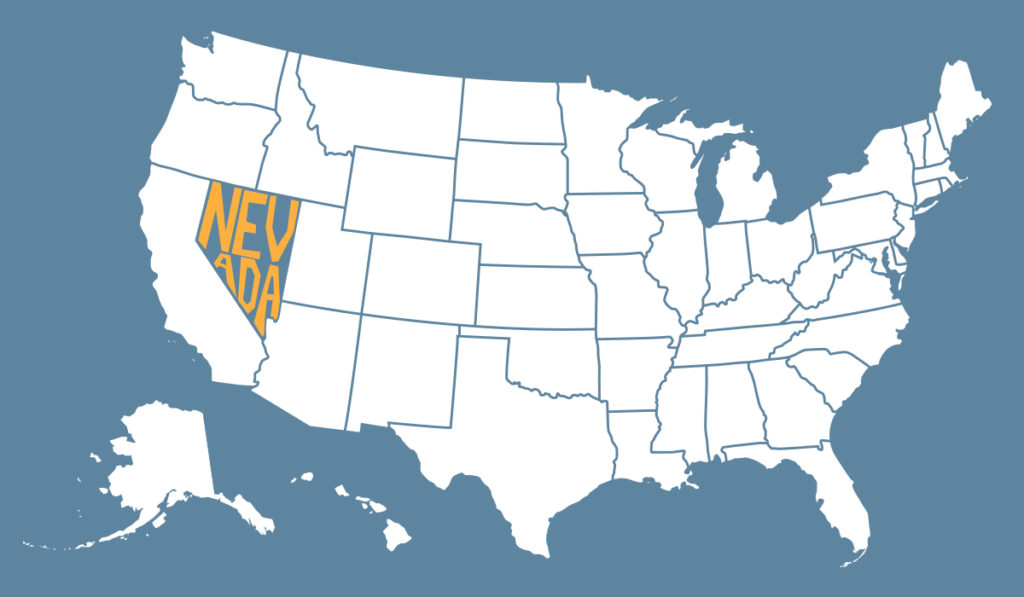Nevada Council on Problem Gambling Works to Abolish Stereotypes on Addiction
Campaign Shows People With Gambling Addiction Represent All Walks of Life
LAS VEGAS, Nevada – The Nevada Council on Problem Gambling has launched a new educational campaign to educate the public that addiction doesn’t discriminate. The council says people with gambling addictions come from all walks of life and, much like drug addiction, its victims easily mask the problem. The council says the addiction costs people in the U.S. an estimated $7 billion a year. The UK gaming commission ordered William Hill Online, a betting site, to issue “panic buttons” on their sites, so that when someone with a problem is sober and recognizing their problem, they can lock themselves out of the site for up to 6 weeks. In the article here William Hill says the problem is likely to cost them $25 million in revenue this year, as many people in the U.S. have already banned themselves from the site. Council President Carol O’Hare compared the addiction to alcoholism in an article by Legalus, saying “you can’t smell a roll of quarters on my breath”. Vertava Health knows that gambling addiction works much like other illnesses. “If it’s starting to affect your job, your family life, that’s an indication that their might be a problem,” says Chief People Officer Dr. Jason Brooks. Tennessee’s Attorney General issued a statement last week saying online fantasy sports leagues are illegal gambling, while the state’s General Assembly is considering legislation to legalize these types of gaming. Gambling addiction is a process addiction, meaning the addiction lies within the act itself and not the substance. These types of addictions, in many cases, can be just as debilitating and difficult to overcome. For example, someone who is in recovery from alcoholism may slide into gambling addiction. They overcome that and they may slide over into sex addiction. Until someone resolves the underlying issues that cause them to turn to their addiction as a coping mechanism, it will continue. Problem gambling works much like other potentially problematic issues like food and sex in the sense that you may do it in spite of the consequences. Gambling is more available and accessible than it used to be because you don’t have to travel to the casino or the local crap game because nearly every state participates in it, and most people have online access, which opens up a whole new type of access. If regulated, these types of activities can be harmless, for example, the lottery can bring in revenue for things like education, but if someone is not managing their money well, they are missing payments and they start to lose important things in their life, it can destroy them. The down side of any gambling is that you only hear about the winnings, and statistically more people will lose than win. There are signs you can look for to determine whether you or someone you love has a problem. If, for example, a spouse or close family member has spoken to them about it and made them aware that it is a problem and they do it anyway. That is one indication that the person is at a point where they can’t stop. Very few people that we counsel and treat for gambling issues don’t have some other type of addiction that’s co-occurring. It’s an escape, and we all want an escape. We all chase the pot of gold at the end of the rainbow, but we absolutely must be mindful that we don’t do it at the expense of our lives and the lives of those around us.


